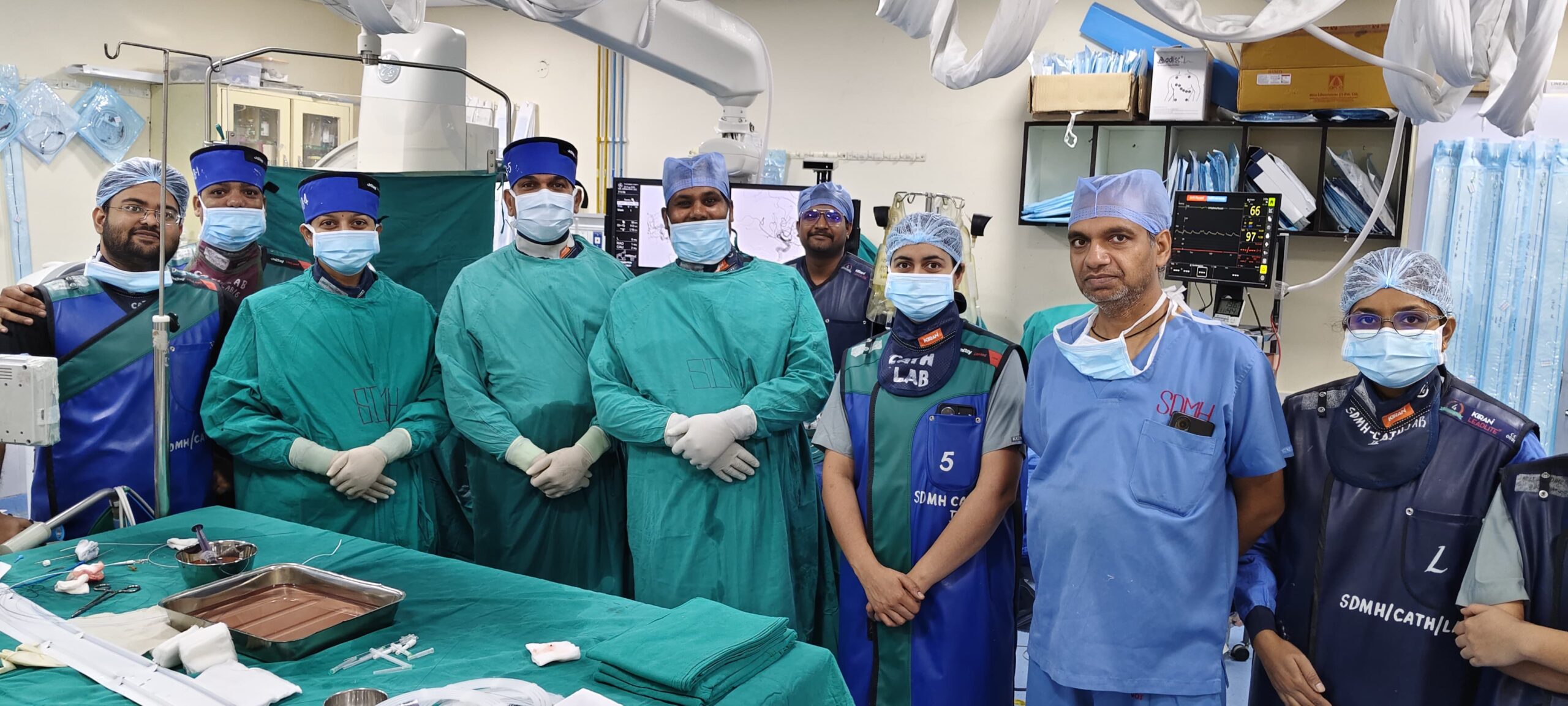Subtotal ₹0.00
Shopping cart
- drsharmadp@gmail.com
- B-434, Pradhan Marg, Vidyut Abhiyanta Colony, Malviya Nagar, Jaipur (Raj.)
Skull base surgery deals with complex conditions affecting the bottom part of the skull and nearby brain structures. These disorders can involve the pituitary gland, cranial nerves, brain coverings (meninges), and cerebrospinal fluid pathways. Dr. D.P. Sharma (MBBS, MS, M.Ch Neurosurgery, Fellow Endovascular Surgery) is a senior neurosurgeon in Jaipur specializing in both **microsurgical and minimally invasive skull base surgeries**, ensuring safe removal of tumors, nerve decompression, and repair of leaks with optimal recovery.
Skull base surgery involves advanced techniques to treat brain tumors, nerve compression, and cerebrospinal fluid (CSF) leaks located deep at the base of the brain. With modern microsurgical and endoscopic approaches, many of these surgeries can now be performed with minimal risk and faster recovery.
A pituitary adenoma is a noncancerous tumor of the pituitary gland, which controls hormones in the body. It can cause hormonal imbalance, vision loss, or headaches.
Removing the tumor relieves pressure on the optic nerves and restores hormonal balance, preventing long-term complications.
Most surgeries are performed through an endoscopic transnasal (through the nose) approach, which avoids large incisions. Microsurgery may be used for complex tumors.
Patients usually spend a few days in hospital. Vision often improves quickly, while hormone levels may take weeks to stabilize. Regular follow-up is essential.
If you have unexplained vision loss, headaches, or hormonal issues, seek prompt evaluation by a neurosurgeon.
CP angle tumors occur where the brainstem meets the cerebellum. The most common type is vestibular schwannoma (acoustic neuroma).
Large CP angle tumors can affect hearing, facial movement, and brainstem function. Surgery relieves pressure and prevents complications.
Microsurgical approaches or a combined microsurgical–endoscopic technique are used to safely remove the tumor while preserving nerve function.
Hospital stay is around a week. Hearing recovery depends on tumor size and surgery type. Physiotherapy helps restore balance.
Consult a neurosurgeon if you develop sudden hearing loss, persistent ringing in ears, or imbalance issues.
Meningiomas are tumors arising from the meninges (protective layers of the brain). Most are benign but can grow large and cause symptoms by pressing on nearby brain structures.
Removing the tumor relieves pressure, prevents seizures, and reduces the risk of long-term neurological damage.
Microsurgical excision is the standard approach. In some cases, embolization or radiosurgery may be combined for safer outcomes.
Most patients stay in hospital for 5–7 days. Recovery includes rest and physiotherapy. Prognosis is excellent for benign meningiomas after complete removal.
If you experience seizures, new neurological symptoms, or persistent headaches, get a neurosurgical evaluation.
Trigeminal neuralgia is a chronic pain condition affecting the facial nerve, often described as sharp, electric shock-like pain.
When medications fail, surgery provides long-term pain relief and restores quality of life.
Options include microsurgical decompression (relieving pressure on the nerve), radiofrequency ablation, or endoscopic-assisted procedures.
Most patients recover quickly, with significant reduction in pain. Hospital stay is usually short (2–3 days).
If facial pain becomes disabling or resistant to medication, consult a neurosurgeon for advanced treatment.
CSF rhinorrhoea is leakage of cerebrospinal fluid (CSF) through the nose, usually due to trauma, surgery, or spontaneous skull base defects.
Repair prevents life-threatening infections like meningitis and restores normal fluid balance in the brain.
Endoscopic endonasal surgery is the preferred method, where the leak is sealed using tissue grafts without external incisions.
Most patients recover within days. Avoiding strenuous activities and nose-blowing is essential during healing.
If you notice continuous watery nasal discharge after trauma or surgery, consult a neurosurgeon immediately.

If you or your loved one has symptoms of pituitary tumors, CP angle tumors, meningiomas, trigeminal neuralgia, or CSF rhinorrhoea, consult Dr. D.P. Sharma in Jaipur for expert skull base surgery and treatment.
Yes. With modern microsurgical and endoscopic techniques, skull base surgeries are safe and effective, with reduced risks compared to older approaches.
It depends on the tumor type. Benign tumors may not need further treatment, while some cases may benefit from radiosurgery or radiation.
Recovery varies by condition but generally takes a few weeks. Minimally invasive approaches allow faster healing.
Some tumors like meningiomas can recur. Regular MRI scans and follow-ups with your neurosurgeon are essential.
With expertise in both microsurgical and endoscopic approaches, Dr. Sharma offers precise, patient-focused care with excellent recovery outcomes.
WhatsApp us !